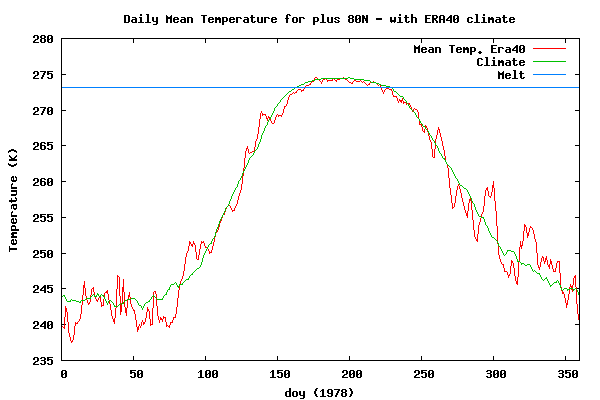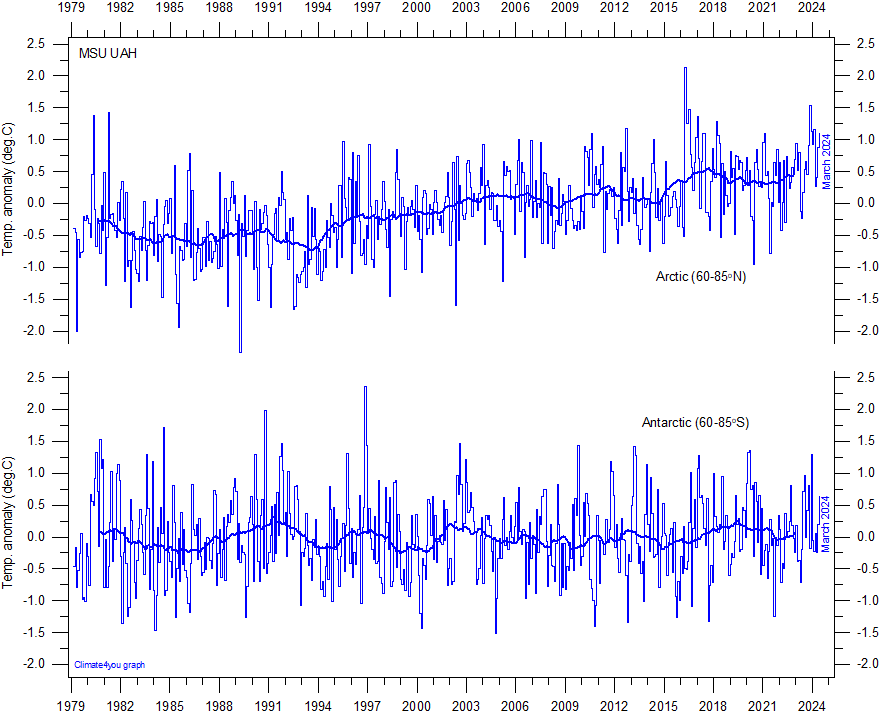International phenomenon lauded as one of best TV dramas of all-time
Producers and cast members meet with UN human-rights officials

By Alan McCright
On the Sci-Fi network, 8 December 2003, the miniseries Battlestar Galactica premiered to 3.9 million viewers, among the strongest ratings in the network's history. The second night, saw 4.5 million viewers, practically unheard-of for a basic-cable miniseries. Sci-Fi picked up BSG as a full-fledged series, the first episode premiering on 4 January 2005. In ensuing years, BSG became popular with so many diverse facets of society, it even inspired a Battlestar Galactica forum on a knitting group.
Though portrayed as a science fiction series, it wasn’t really--in the larger sense: Oh, yes, it had spaceships and faster-than-light drives, but the plots didn’t rely on any aspects of science without which the stories themselves couldn’t function. Battlestar Galactica was a drama about characters; people with their travails, foibles, triumphs and sufferings. Rather than being set amongst the stars, BSG could as easily have depicted a wagon train in the American old west, or refugees and governments-in-exile fleeing a war-torn republic during one of the World Wars: Indeed, BSG has been called—rightly so—a modern-day equivalent of Virgil’s Aeneid and Homer’s Odyssey.
And the characters!
Rather than the one-dimensional characters of the 1979 series from which the the latest version was re-imagined, the modern BSG’s characters were fully three—perhaps, some might argue—four-dimensional. At one time or another each character had his or her moments of glory, despair, confusion, drunken hysterics, giddy happiness and fatal resignation. A character which in one episode was one of the most admired by the others might, in the next, be among the most reviled. They engaged in valor, self-loathing, political intrigues, changes of loyalty, vanity, humility—even a bloody mutiny. When the plot demanded it, major characters were killed outright.
Complex is too mild a word to describe the characters of this series—or its storylines.
Cast member Katee Sackhoff, (Kara Thrace), said: “Every season we got picked up, I was shocked. I was like, ‘Why do they keep watching this?’ I mean, I know it's fantastic, but normally people don't watch what's good on TV; they watch what's easy.” It was often—very often—a difficult, distressful drama to watch: Your heroes became villains, suddenly found themselves enslaved, made an ill-conceived or seemingly innocuous decision which resulted in dozens—even hundreds—of deaths, or, finally reaching a breaking point, descended into whiskey-sodden shadows of what they once had been.
But it was a drama you couldn’t not watch.
Born in the smoke and rubble of Al-Qaida's attacks in 2001, Battlestar Galactica’s story-lines were a mirror held up to our post-9/11 world: BSG examined such challenging, often unsettling issues as hatred, human rights, democracy, despotism, children and war, duty, self-preservation, self-sacrifice, altruism, terrorism, torture, reconciliation, dialogue among civilizations, love, spirituality, god, angels and faith. BSG’s storylines boldly approached, examined and often resolved these issues so well, with such seeming insight, that occasionally I mused our modern world might, perhaps, be better off if we let the producers and writers of Battlestar Galactica try running things for a while.
It might seem the United Nations doesn’t disagree with this view:
On 17 March 2009, at the invitation of the United Nations Economic and Social Council, the producers and cast of Battlestar Galactica met with high-level UN officials and NY students. The BSG contingent used clips from episodes of the series as examples of the various social, political and human rights issues on which they spoke. The discussion was the inauguration the UN Department of Public Information's Creative Community Outreach Initiative, which is aimed at partnering with the international film and television industries to raise awareness of global issues. More on this meeting of minds may be found here—the best report I have found, here, and here.
Even the Washington Post gave a bow to some of BSG’s insights when it published its list of: 10 Business Lessons From Battlestar Galactica.
On 20 March 2009, 5 years, 3 months and 13 days after the miniseries premiere, Battlestar Galactica came to an end.
It was a unique, fearless, probing and well-conceived drama which didn’t hesitate to explore—deeply and disturbingly—the human condition. It never lost its vision, it never lost its direction, it never lost its brilliance and it never lost its sheer guts. Many agree—as do I—that it was television’s finest moment. We may never see its like again.
Frak.









No comments:
Post a Comment